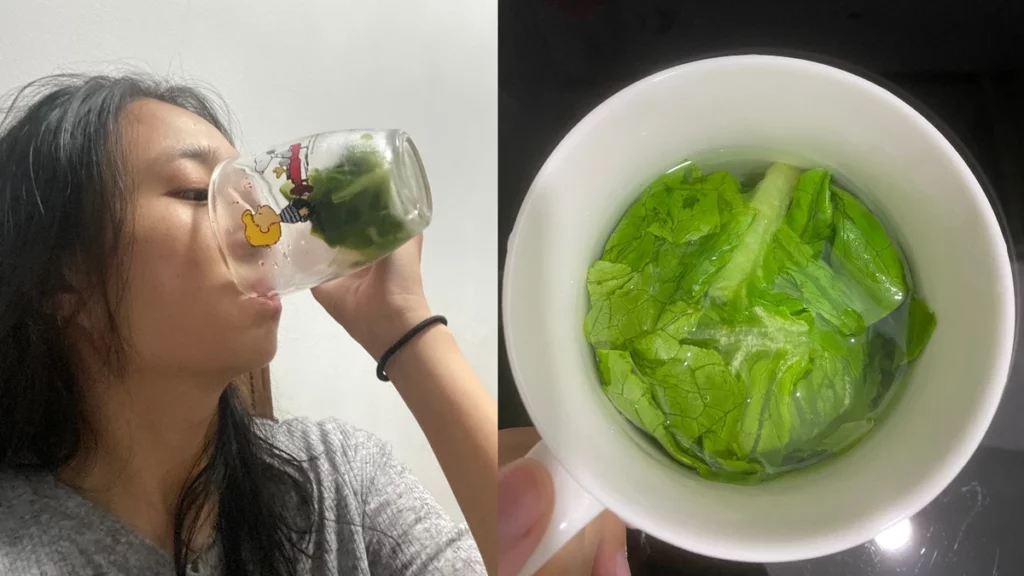According to Mayo Clinic, up to 70 million Americans deal with sleeping issues, and that is just the ones reported. Furthermore, insomnia symptoms occur in approximately 33% to 50% of adults in the United States. Plus, 10% to 15% have chronic insomnia disorder. Insomnia is one of the most common sleeping problems people have in this day and age, where people can’t fall asleep or stay asleep. Therefore, many walk around not having enough rest. It could be because of stress or worries plaguing people’s minds. However, people are more into their electronic devices, which interrupts their natural sleep cycle more than ever. Many Americans deal with insomnia instead of looking for ways to help them fall asleep more easily.
Unfortunately, lack of sleep can affect your physical and mental health — and shorten your lifespan. The length of time you’re asleep is also not as important as the quality of sleep you get, and eight hours of very light sleep isn’t as beneficial as a few hours of very deep sleep. Instead of continuing to have restless nights, here are 50 simple hacks to help you get to sleep.

50. Drink Lettuce Water
Another way to fall asleep is by drinking tea made of lettuce and hot water, according to a TikTok posted by user Shapla (@shapla_11), which has been liked 1.5 million times. Put some romaine lettuce leaves in a mug, fill it with hot water, and drink before going to bed. (Shapla adds non-caffeinated tea to enhance flavor.) Researchers have examined the effects of romaine lettuce on sleep, although it sounds a bit strange. As it turns out, it works. Lactucarium, a compound with a similar structure to opium, is present in lettuce. It’s what gives it sedative properties and makes you drowsy. If lettuce water sounds gross to you, you can also buy it in capsule form from a health food store.
